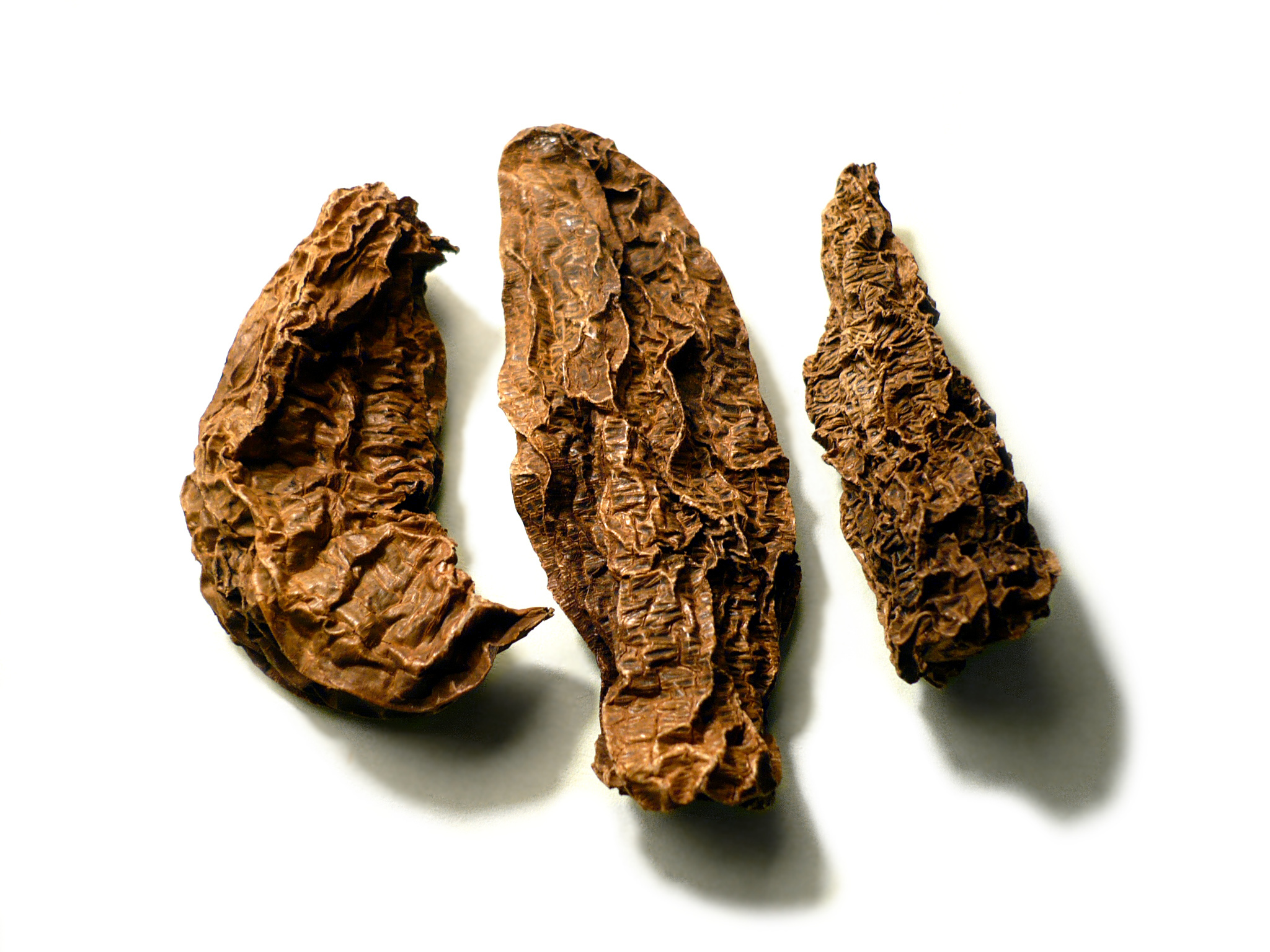In the modern world of interactive social media, new words are invented, used and discarded at lightning speed.
Indeed, the lexicon of online social media is replete with an entirely new vocabulary composed of Internet "slang." There are thousands of examples percolating on the Internet, with dictionaries and even online translators devoted to these emerging linguistic trends.
The Trademark Office was not persuaded and recently denied the application on the basis that “SELFIE” is defined as “a slang term used to describe a photo that is taken of oneself for the purpose of uploading it to social networking sites and image sharing websites, such as Facebook, Instagram or Imgur”.
To illustrate his point, the Examiner attached screenshots of websites (italicized emphasis added) in which the term was used by third parties descriptively: “With our face detection and timer modes, you will love taking selfies at home or on the go!” and "It’s simple and easy and it helps with taking selfies! . . .”
Some examples of words that started as Internet slang and which are now mainstream are: "cookies" (a small piece of data embedded in an Internet browser), "photoshopped" (referring to the popular software graphics program that allows for visual 'touching up' of digital photographs) and "spam," (those annoying bulk e-mail messages that clog up our inboxes).
But some entrepreneurs are hoping that such slang terms are capable of functioning as trademarks. For example, the word "selfie" means a photograph taken of oneself (usually with a smartphone) that is planned to be uploaded to Facebook, Instagram, Imgur or another social media networking website.
But several brand owners are trying to monopolize this term, even before it fully enters the mainstream lexicon.
Thinkboks LLC, an Illinois based software development company, has filed a formal trademark application for "SELFIE" in connection with "computer application software for allowing hands free photographs on portable electronic devices." Thinkboks claims that it first used the term in commerce in 2012.
 |
| Screenshot of Thinkboks.com |
To illustrate his point, the Examiner attached screenshots of websites (italicized emphasis added) in which the term was used by third parties descriptively: “With our face detection and timer modes, you will love taking selfies at home or on the go!” and "It’s simple and easy and it helps with taking selfies! . . .”
The Examiner found that as shown by the Internet evidence, the wording “SELFIE” and/or its inflected forms is used to describe a feature, subject matter, use, and/or the nature of selfie software, i.e., software for taking pictures of oneself.
Material obtained from the Internet is generally accepted as competent evidence to determine if a mark is being used widely as a descriptive term. Accordingly, Thinkboks' trademark application was rejected on grounds of descriptiveness under Trademark Act Section 2(e)(1).
In addition to or in the alternative to submitting evidence and arguments in support of registration, Thinkboks can amend the application to seek registration on the Supplemental Register.
However, that approach means that Thinkboks would need to wait as long as five years to renew its attempt to receive a trademark registration, and would need to swear under oath that, during the interim five years, it alone made "substantially exclusive use" of that mark in commerce.
Therefore, if Thinkboks cannot successfully monopolize usage using legal means, it can only succeed by convincing the marketplace generally that "SELFIE" is associated exclusively with it. And that's likely an uphill endeavor.
In the meantime, others are trying a similar strategy.
Selfie Social, a New Jersey-based company, is seeking to register the trademark for "Selfie Social" in connection with computer applications used for the collection of photographs. The Examiner rejected this application on the same "descriptiveness" grounds.
Further, an unidentified person or company currently cloaked with privacy protection services has apparently registered the domain name "SELFIE.COM" and is accepting requests for new screen names.
If this isn't Thinkboks' domain name, they may face an even steeper uphill climb than they bargained for.



